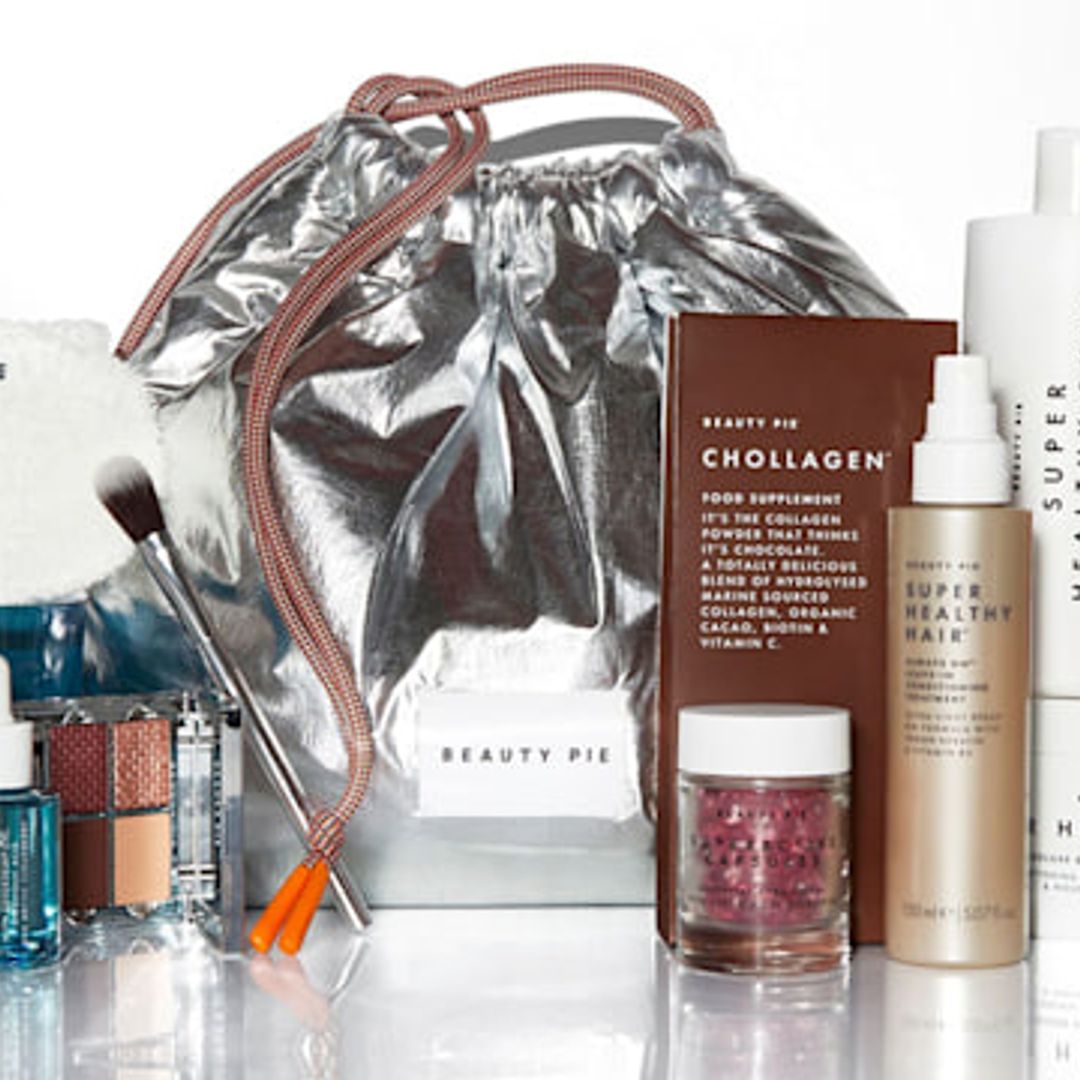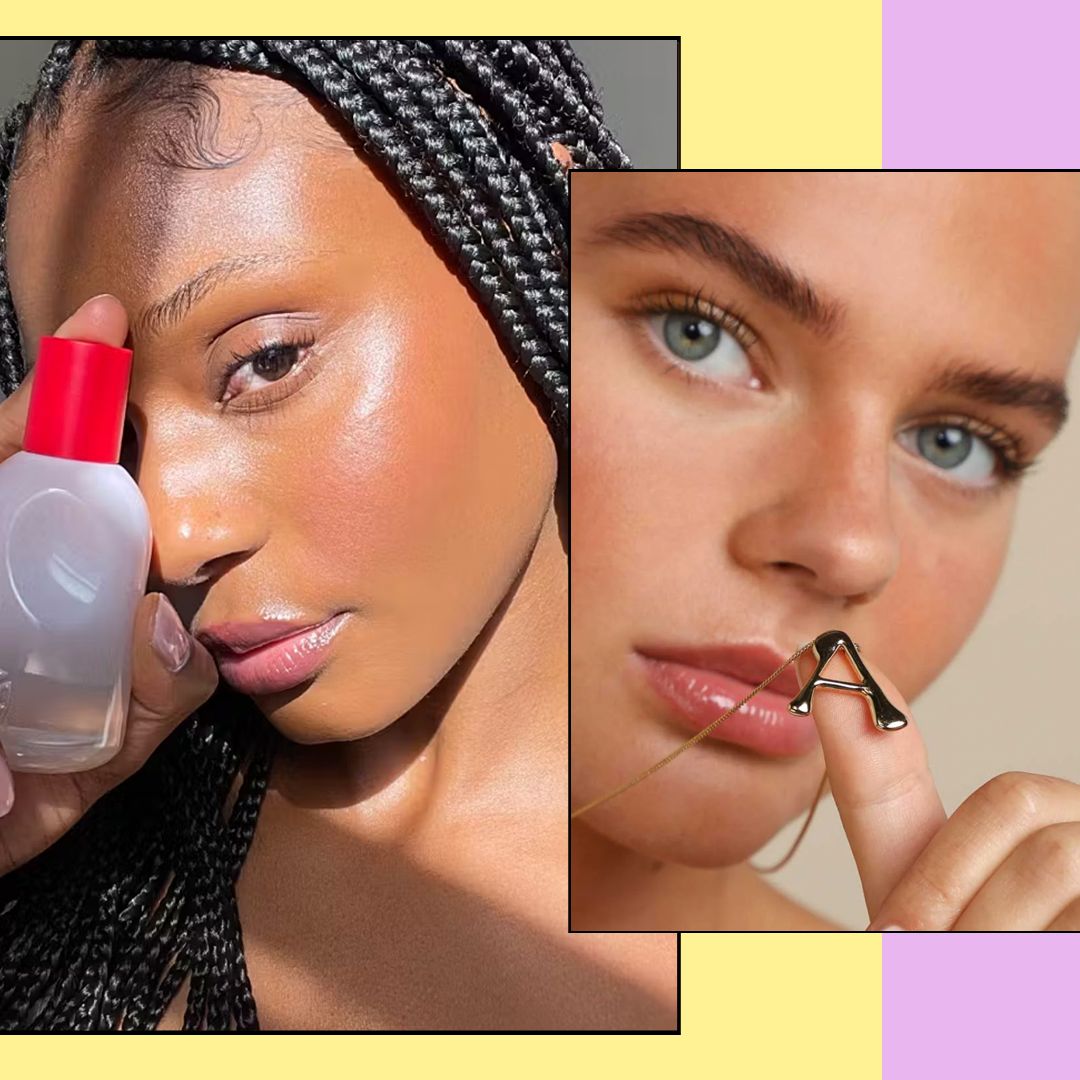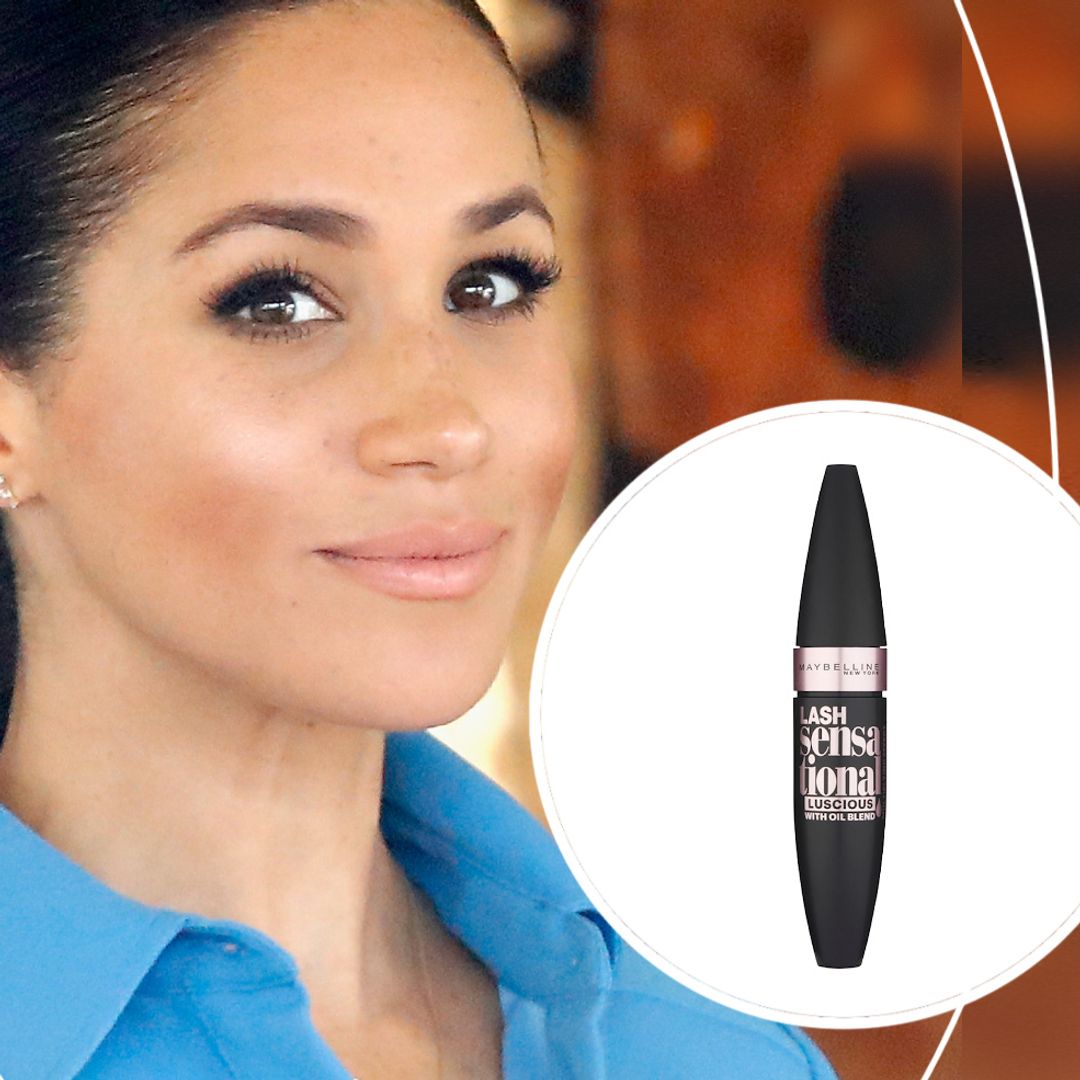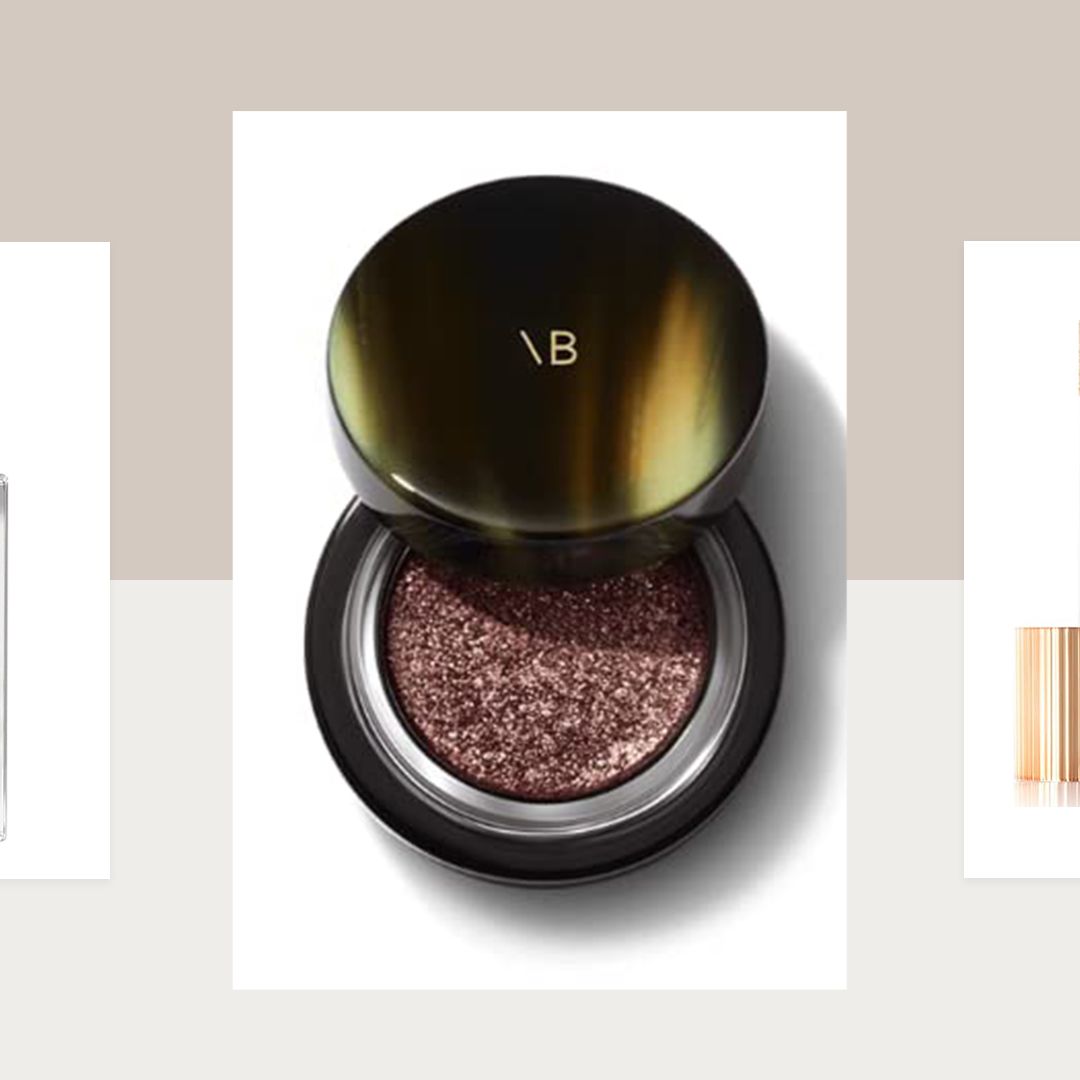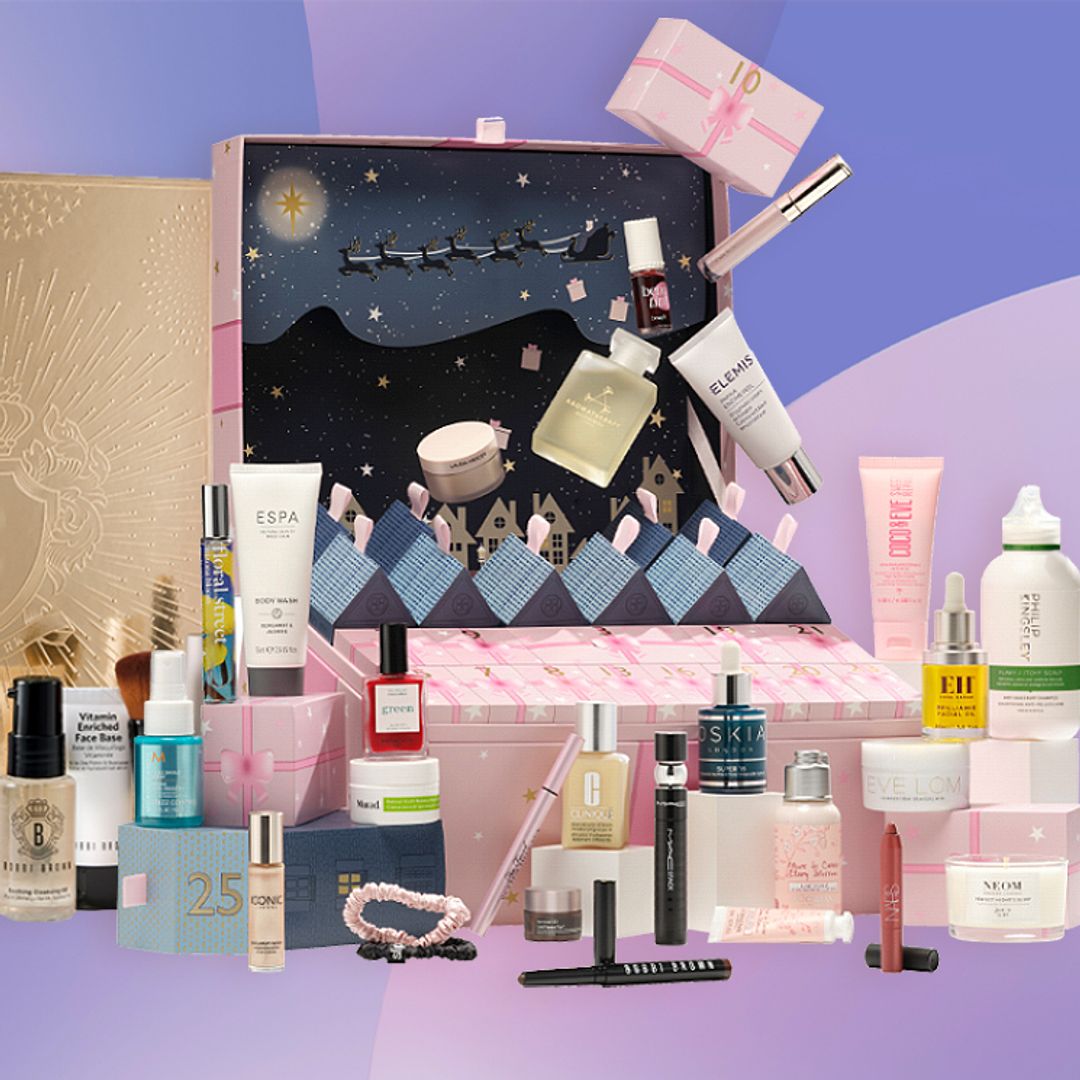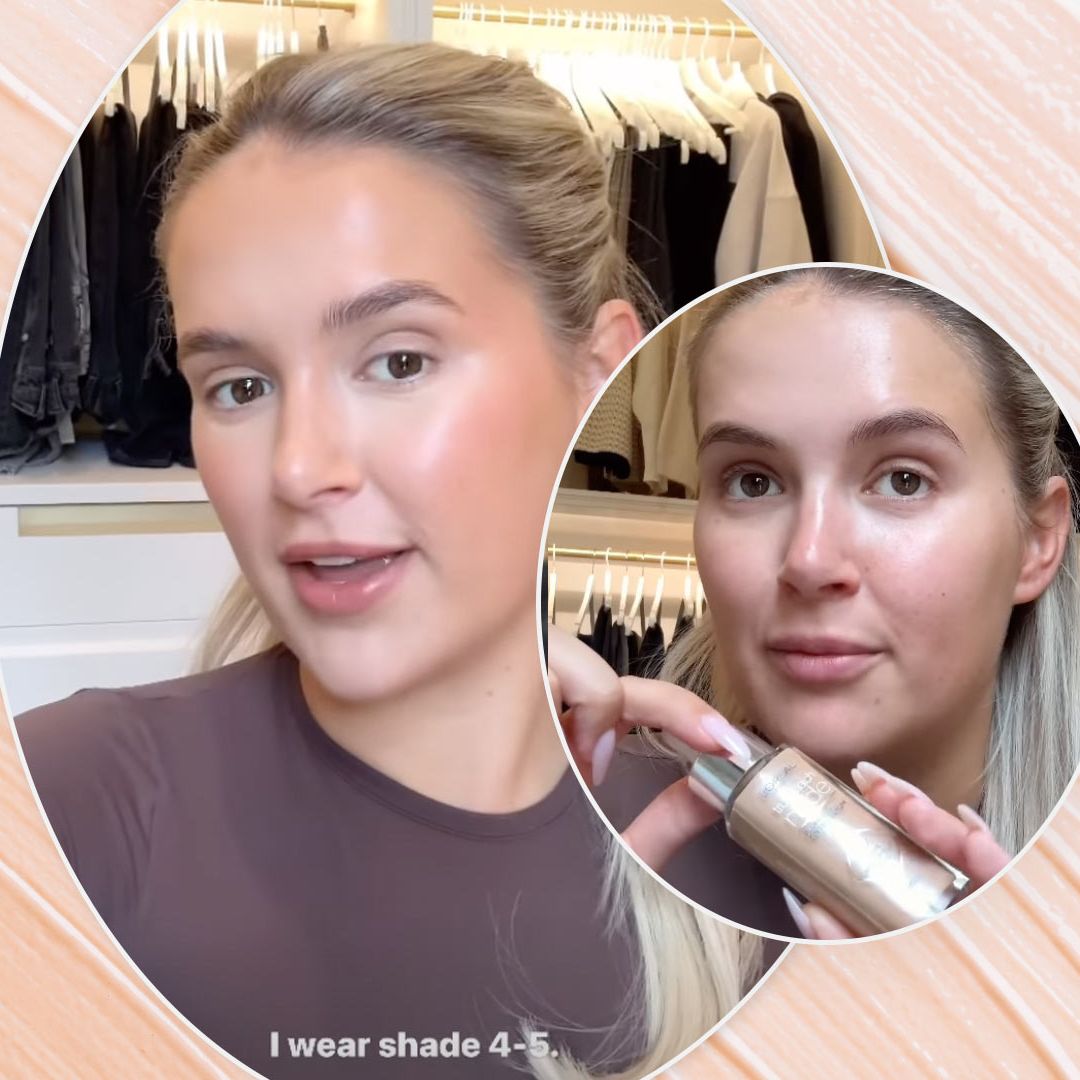It’s been revealed that half of women have cut back on spending on their make-up during the recession, with more than a third hanging on to their cosmetics for longer in order to make the pennies go further.
But the ugly truth is that we could be causing more problems than we’re solving, not least when it comes to the health of our eyes - 24 per cent of women have not purchased any eye make-up for more than six months and ten per cent for two years.
And almost one-in-five women share their eye make-up and skincare with their men - a habit frowned upon by eye experts who warn that sharing eye make-up can spread bacteria and increase the risk of eye infections.
So we asked the College of Optometrists experts for their advice on making sure our beauty routine keeps us as beautiful as possible.
Dr Susan Blakeney, optometric adviser, said: "Old, out-of-date make-up may harbour bacteria which can cause unpleasant and unsightly eye infections such as conjunctivitis and styes. "Mascara - which should be discraded after six months of use - is the worst culprit as it’s water based and therefore a prime breeding ground for bacteria.
Germs collected on the mascara wand are then pushed down into the mascara itself where bacteria can breed and potentially infect the eyes next time mascara is applied.
It’s another reason why we should also avoid pumping the brush, which dries out the mascara as well as driving those germs down into the tube where it can thrive due to the wet environment.
Dr Blakeney recommends mascara and liquid eyeliner are thrown away six months after opening - you’ll see this symbol on the side of the packaging anyway, but remember it applies to the point from which it’s been opened, rather than bought.
Cream and water-based eyeshadows should be used between 12-18 months after opening. "Water-based eye shadows have a much shorter shelf life than powder products because the liquid element is a good environment for bacteria," says Dr Blakeney. "To help maintain the life of your eye shadow, clean your brushes regularly to avoid a build up of dirt, oil and germs. "We would add that extra care should be taken with organic products as they often don’t contain the synthetic preservatives that give ordinary products a little extra shelf life. But, again, there will be a symbol on the product reminding you of its lifespan.
The College of Optometrists recommends the following rules for safe make-up use and maintaining eye health:
1 Don’t apply make-up on the move.
Scratching the eye with a mascara wand is the most common injury from make-up and can lead to eye infections. To reduce the risk of scratches, only apply where there is no risk of sudden movement or jolts which could lead to injury.
2 Don’t share your eye make-up.
Sharing make-up can be risky as you may be sharing bacteria too. It’s particularly inadvisable to share mascara and eyeliner.
3 Play it safe
ditch mascara after three-to-six months of use. Cosmetic brushes pick up bacteria from the skin. The risk of infection is increased if you moisten the brushes with saliva.
4 Avoid using eyeliner on the inside or ‘wet’ area of your eyelids
It can block the glands there and lead to styes and dry eyes.
5 Put your contact lenses in before you put your make-up on
Contact lens wearers know how important it is to keep their contact lenses clean to avoid infection but then risk compromising this with old make-up. If you are a contact lens wearer put your lenses in before you put your make-up on – not only will this will make it easier for you to see what you are doing but it will also mean you are less likely to get make-up underneath your lenses.
6 Wash eye make-up brushes regularly.
Make up brushes pick up dirt, grease, oil and bacteria from the skin and are then transferred onto your products. To help keep your eyes in good health and your products clean and safe, wash your brushes regularly in warm, soapy water.
7 Visit an optometrist regularly.
Optometrists are professionally trained to test sight, prescribe glasses and contact lenses and examine the health of the eye. Visit www.lookafteryoureyes.org for more information on eye health.


